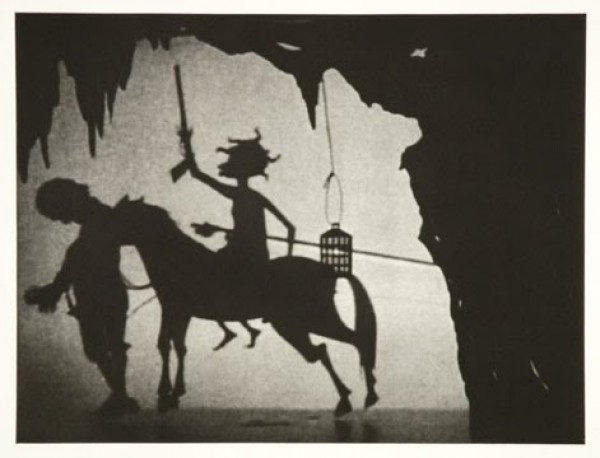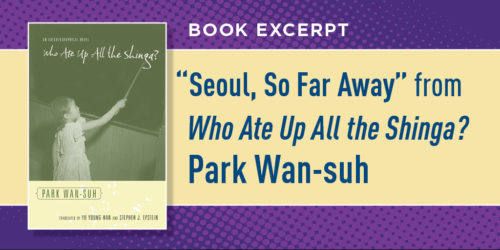Leonard Cassuto as Art Curator

Leonard Cassuto, professor of English at Fordham University and author of Hard-Boiled Sentimentality: The Secret History of American Crimes Stories, is curating an exhibit entitled The Art of Captivity.
Idiom interviewed Cassuto about the exhibit, which includes works that explore captivity narratives, and includes works by artists such as Kara Walker. In the interview Cassuto also discusses frontier ideology, captivity narratives throughout history, and how an English Professor wound up curating a contemporary art show in the first place.
Here is an excerpt from the interview:
Idiom: Do you see the legacy of early captivity narratives at work today?
Leonard Cassuto: Certainly—captivity is all over the place. For example, the structure of the generic serial killer story usually involves a young woman being held by the killer as police and/or detective(s) race to free her. This trunk story is inconceivable without the captivity narrative that undergirds it. In a more literary vein, Stephen King’s most self-reflexive (and to my thinking, his best) book, Misery, is a modern captivity narrative.
Idiom: At the risk of speculation, why do you think America’s interest in these stories has been so durable?
LC: I’ll take the risk and speculate as long as you understand that I’m talking a bit out of my hat. It seems to me that part of the enduring usefulness of the captivity template—the way that it continues to scratch our collective itches—comes from the way that the captivity narrative developed out of one of the earliest American identities: as a people of the frontier. The idea of the frontier remains potent even though we’re not a frontier nation anymore, at least not geographically speaking. Ideologically, the US still thinks of itself as a frontier nation. When we think of freedom—perhaps the central American national keyword—we think of freedom to do things, and also the room to do them in. In other words, Americans, thanks to the frontier ideology that socializes us, may be more sensitive than members of some other cultures to restrictions of our movements. For an American, for example, an office cubicle doesn’t offend just because of the boring work that we suspect someone does in it; we also react to the restricted space of the cubicle itself
As to the larger trends, I can only scratch the surface. Anne Pundyk points out that it’s not that hard to come up with a contemporary book or movie that addresses the different “flavors” of captivity that are represented in each book on my course reading list. For example, Mad Men updates Wilson’s The Man in the Grey Flannel Suit; the various popular vampire shows (True Blood, The Vampire Diaries) gloss The Strange Case of Dr. Jekyll and Mr. Hyde. And a movie like The Apartment is echoed by the popular comic strip, Dilbert, or a show like The Office.



